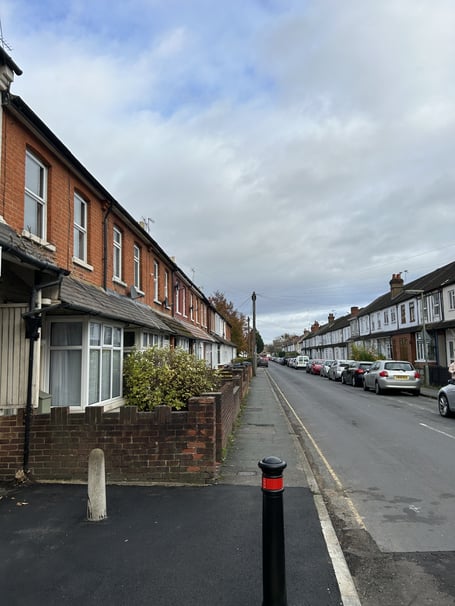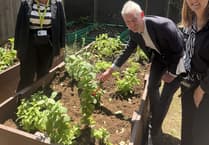Recent figures from the Office for National Statistics (ONS), as reported in the News & Mail, seem to show private renting households across the country actually spent a smaller proportion of their gross income on rent in 2022-23 than in any year since 2014-15. This, it is said, is due to wages outstripping rent increases.
Specifically in Woking, the average private renting household apparently spent 33.6% of their gross income on rent in 2022-23 – down from 35.2% in 2021-22. However, averages do not give us a full picture.
Citizens Advice Woking’s (CAW) research tells a very different story for those on low incomes in the private rented sector.
“Despite the increase in the Local Housing Allowance (LHA) in April this year, the continuation of rising rents has made it almost impossible for those on low incomes to live in Woking,” said CAW’s operational manager, Shelley Grainger.
The UK’s benefits system provides help with housing costs – often the largest part of the household budget. These are paid in the form of “housing benefit” for those over pension age, and “housing element” paid within universal credit, for those of working age. However, the level of support is out of step with the housing market.
Local Housing Allowance (LHA) is the mechanism by which housing costs are calculated for private renters. LHA rates are based on rental prices in the area where a person lives and the type of property (ie, number of bedrooms) they need. It is limited to the bottom 30% of the rental market.
It was increased in April 2024 after being frozen for four years, but will be frozen again from April 2025.
“We know from our clients’ experiences that private renters on universal credit or housing benefit are still experiencing a shortfall, often significant, between their benefit income and rent payments, despite the rise in the LHA,” said Shelley.
“Our most recent snapshot, in August, showed that in Woking there were only two one-bed properties below the LHA, only one two-bed below the LHA and no three and four-bed at all, and this was across a total of 235 properties.”
For example, in Woking in August 2024, a couple aged 25 or over with no dependants, in receipt of UC standard allowance of £617.60 per month, would be more than £200 per month short of being able to pay a private rent, even at the lower end of the market.
This is because the median rent, taking out the extremes, for a one-bed property was £1,150 pm and the average LHA rate is £947 (for a two-bed, the gap increased to more than £375 pm).
This type of shortfall typically leads to a household having a negative budget, meaning that they are having to spend more on day-to-day essentials than income coming in.
Citizens Advice data nationally, from March 2024, showed that amongst private renters in a negative budget, nearly two-thirds of their income is going on their rent.
The contrast is stark compared to the ONS figure of about one third on average across all income-bands.





Comments
This article has no comments yet. Be the first to leave a comment.